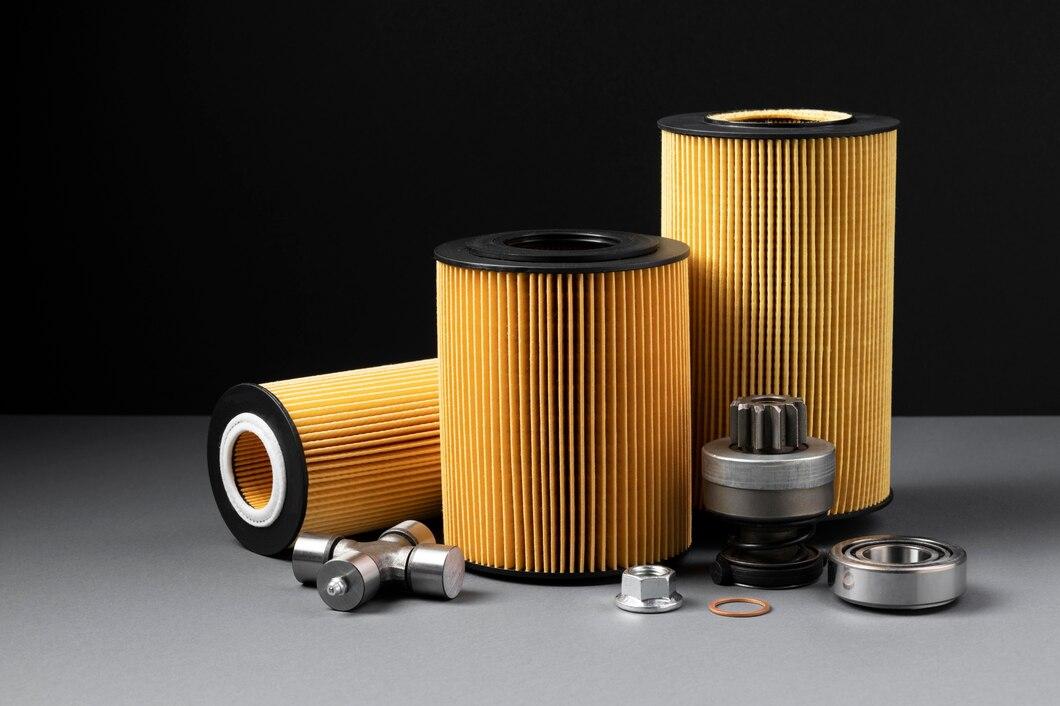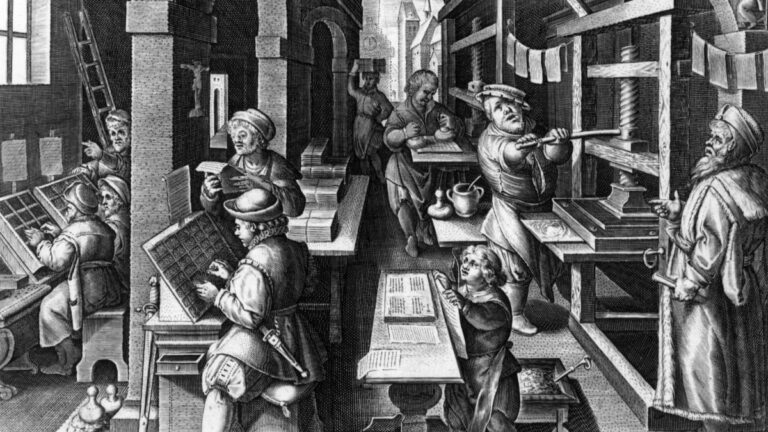
Spring is coming, and the busy farming and construction sites are about to start. It’s time to buy new spring maintenance products for your heavy machinery. Filter kits are one of the important accessories you can’t do without. A reliable filter kit can save you a lot of trouble. Will you really choose a reliable filter kit? Low-quality filters can lead to reduced performance, increased fuel consumption, and even high repair costs. The quality of filter kits on the market varies. To help you make an informed decision, here are five pitfalls to avoid when buying filter kits.
1. Poor-quality filter materials
A big pitfall when buying filter kit materials is buying substandard materials, which is also one of the biggest red flags of low-quality filters. One of the characteristics of high-quality filters is that they are all made of durable fine fiber materials. This material can effectively capture pollutants while allowing optimal airflow or fluid to pass through. What about low-quality filters? They may use cheap paper or synthetic materials with poor adhesion, which will degrade quickly. This can cause blockages, restricted flow, and increased wear on engine parts. Please pay close attention to the ingredients of the product when purchasing.
2. Inconsistent Structure or Poor Sealing
On the premise that the filter element matches the model of your machine, you should carefully observe the structure of the filter element. A well-structured filter should have a tight seal, a solid shell, and uniform pleat spacing. Low-quality filters have difficulty meeting the above standards due to the production process. They usually have weak adhesives, uneven pleats, and poorly molded rubber seals. These defects can cause leaks, unfiltered contaminants to enter your hydraulic system and even the engine, endangering the safety of the entire machine.
3. Lack of Proper Filtration Rating
Did you know that each filter element actually has a filtration rating? Each filter has a micron rating that indicates the size of particles it can capture. Not only may low-quality filters not provide accurate micron ratings, but they may even lie about it – their filtration performance may be inconsistent. What you should do is choose filters with industry-standard micron ratings (for example, 5-10 microns for fuel filters and 10-40 microns for hydraulic filters). Make sure the filter meets ISO or SAE standards.
4. No Manufacturer Certification or Testing
Reliable filter manufacturers test their products to meet OEM specifications and industry standards. Cheap filters often lack certification or independent lab test results, which means their performance is unproven. How do we avoid this pitfall? Come to FridayParts to buy the filter kits you need for your machine. FridayParts provides reliable filter kits, all parts meet OEM quality and standards. No matter what type of machine you own. Tractors, cranes, excavators, etc., you can find cost-effective solutions at FridayParts.
Conclusion
In conclusion, you should prioritize filter kits that have OEM standards, qualified filtration levels, high-grade materials, and good construction. If you have a shopping habit, try to buy from a supplier you feel you can trust. If you haven’t tried FridayParts yet, I suggest you give it a try—I guarantee you won’t regret it.
Write and Win: Participate in Creative writing Contest & International Essay Contest and win fabulous prizes.


